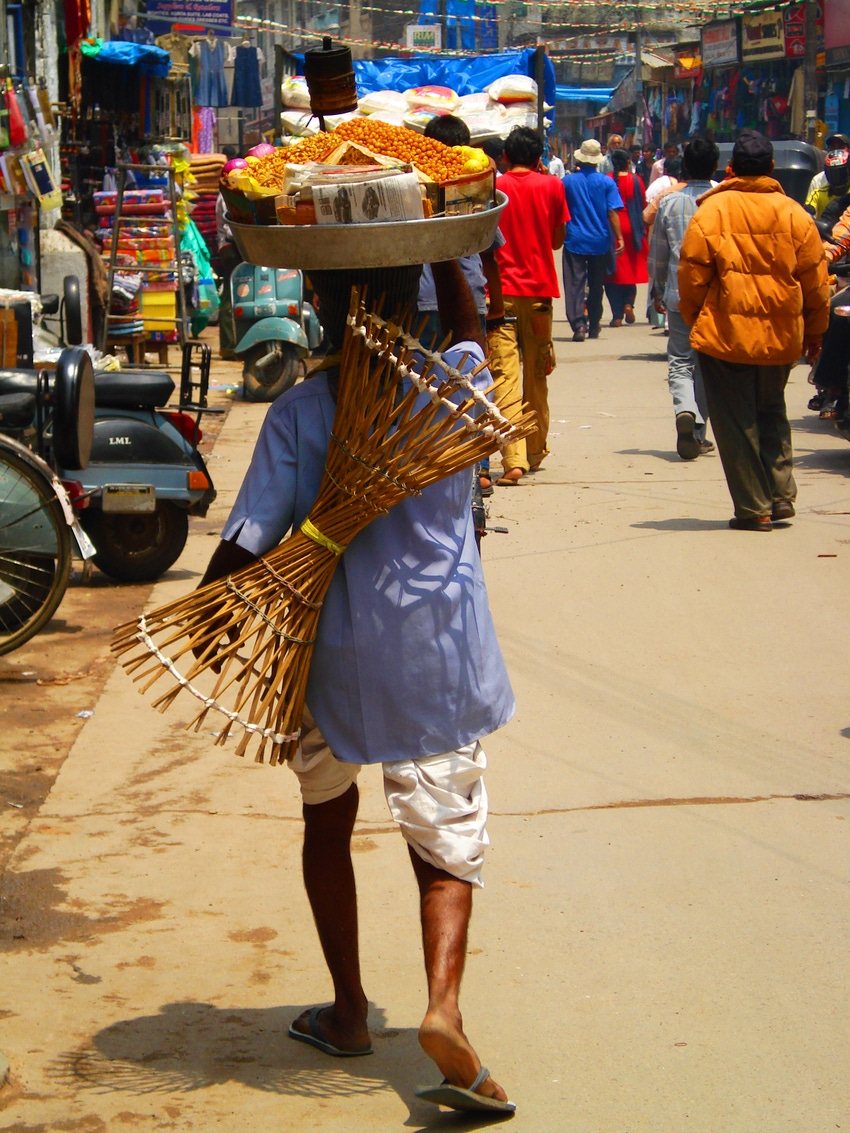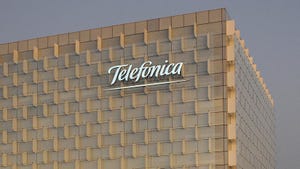Mobile salary dispersal is being used to fight corruption and ensure workers receive their full wage in emerging markets, according to the head of a mobile commerce and financial services solution provider.
April 2, 2012

Mobile salary dispersal is being used to fight corruption and ensure workers receive their full wage in emerging markets, according to the head of a mobile commerce and financial services solution provider.
Pankaj Gulati, CEO and chairman at More Magic, said that as an example, in Afghanistan, the introduction of mobile money services has served to expose the extent of corruption within the police force.
“Previously, the superintendent of the police force used to receive a bundle of cash each month and distribute salaries from that,” Gulati said.
“He would keep some of that cash to himself. Now, he’s the most reluctant person to embrace mobile money, because he gets cut out of the loop. Whenever we look to begin offer salary dispersal services to police forces, the superintendents and supervisors are always the last ones to join hands with us. That’s why you’re seeing a lot of impetus and a lot of successful use cases around mobile money.”
He added that there are also opportunities in India to give construction workers their full wage. In some instances workers are currently receiving less than a third of their wages, Gulati said, but the introduction of mobile salary dispersion services is helping to improve that.
“Whenever the Indian government has construction projects, where they are carrying out road works or building bridges, the worker typically sees just 30 per cent of what the government is supposed to be paying him. That means 70 Cents per dollar disappears to corrupt middle men,” Gulati said.
“There are no formal means of sending money home, I’ve seen it with my own eyes in Haiti. A man works for his money, he goes to the bus driver, who drives the bus from the capital city, Port au Prince, to his village. The worker says to the driver: ‘You know my father, here is the money’ – and he gives him an envelope with the money.”
“It’s informal, it’s insecure, it’s just based on trust – and 90 per cent of the time it works, but the father on the other side is never really sure that the amount is what the son really sent him.”
He added that More Magic has been working in Haiti before, during and after the earthquake hit in 2010. At the time of the earthquake, NGOs went to the country, and hired a lot of aid workers, who they paid on a daily or weekly basis. There were two US aid projects and no infrastructure to disperse money.
“We came with a mobile money service and within the second month after the earthquake 70,000 people were receiving money on their mobile phones, and places were set up where they could go to collect their cash.”
Gulati added that by offering mobile money services, workers in developing countries are also changing their saving habits and are now better able to save.
“People save cash by storing it under their mattress in these countries. So the worker goes out, earns their money and at the end of the day, spends it – and then tomorrow is another day. The concept of saving, in these markets, just does not kick in, because of the inherent nature of dealing with cash. Mobile banking services are changing that now.”
He added that the reason workers in developing nations are able to see the benefits from mobile money services is because of a lack of banking infrastructure in such nations, and explained that this is due to the modest opportunities on offer to the world’s banks in such markets.
“Banks are in this business to make money. When the per capita income in these countries is $700 per year, it’s very hard for a bank to say: ‘I’m going to have a traditional brick and mortar branch with ATM machines, full-time staff and call centres’. Banks are just as aggressive when it comes to building their business as any other entity, but there has to be a business case for it, and in some of these poor countries, there is just no business case for it.”
About the Author(s)
You May Also Like







.png?width=300&auto=webp&quality=80&disable=upscale)

.png?width=300&auto=webp&quality=80&disable=upscale)
_1.jpg?width=300&auto=webp&quality=80&disable=upscale)



.png?width=800&auto=webp&quality=80&disable=upscale)